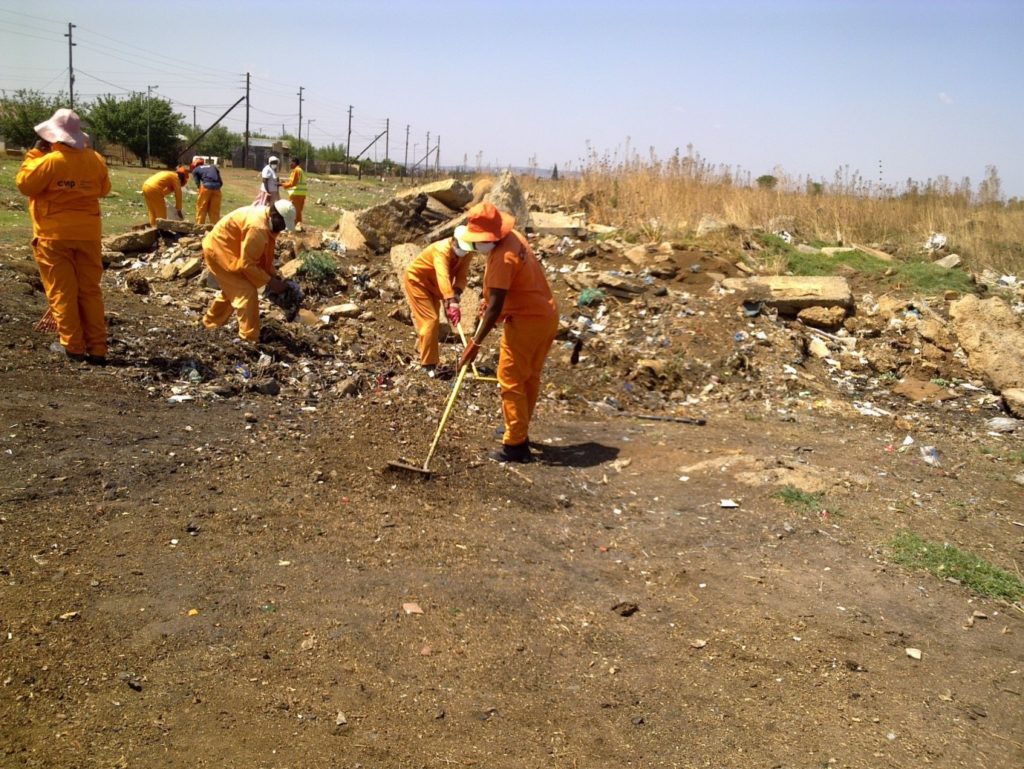Nyasha Joyce Mukuwane, Johannesburg, South Africa, SSH Blog Correspondent
Johannesburg is marketed as a world-class African city. In many ways it is, with a burgeoning middle class population and tourist and cultural attractions. High rise buildings in Sandton have turned it into a millionaire’s playground and it has been named Africa’s richest square mile. Precincts such as Maboneng are where the hipsters and the creative go to play and the nightlife extends very late via restaurants, pubs and clubs all over Johannesburg.
However, what is not world-class is the treatment of women on the streets who are running, walking, and going about their daily lives. What the tourist bureaus don’t show is the vulnerability of women and children in poorer areas who have to travel a long distance to school, the clinic and to places of employment. The average under-privileged woman experiences constant street harassment and threats of potential violence against her.
Johannesburg has been identified as a disorderly city with the worst instance of urban sprawl in South Africa, therefore a car is a necessity. It is a necessity as a 90 minute commute is halved with a car. Simple daily tasks such as school runs, grocery shopping and attending classes are completed easily. Owning a car in Johannesburg helps you keep up with the fast pace of the city, allowing you to enjoy what the city has to offer and most importantly, a woman’s exposure to harassment on the streets is reduced. Urban sprawl and the public transport system leave women vulnerable to street harassment.
Public transport system
Owning a car is simply out of reach for women who are lowly paid without steady streams of income. The majority of people who need to commute around Johannesburg make use of mini buses which are called taxis. These taxis transport people from farm holdings, informal settlements, townships and urban areas. They are convenient and relatively inexpensive. However many women have been harassed, humiliated, groped and assaulted by taxi drivers and other male passengers.
The train can also be another harrowing experience. The most horrifying tale I heard is a woman realizing that a stranger had ejaculated on her skirt in a packed train ride. Personal space does not exist aboard a Metrorail train. In stark contrast to the sleek, smooth running Gautrain, most disadvantaged women use the Metrorail to get around. The Gautrain has stops at 10 stations where only privileged people would find it convenient, like heading to financial hubs or the airport.
The typical work day of a woman in a township called Orange Farm would have her wake up before dawn to get a taxi. The majority of Orange Farm doesn’t have streetlights. The first taxi of the day that will drop her off at the Metrorail station as it is too far to walk. Besides that, there is long grass along the road. The train takes her to the CBD where she takes another taxi to get to her place of employment in Sandton. All modes of transportation will pose their own potential threats of harassment and sexual violence against her. It will take at least two hours for her to get to work in the morning if there are no incidents with the train schedule or traffic. Then she has to travel another two hours again after work, in the dark, 6 days a week, every month – all the time.
Street harassment is not necessarily seen as an issue to be dealt with by authorities and often law enforcement is not proactive but rather reactionary to incidences of escalated street harassment, such as assault or rape. The Nisaa Institute for Women’s Development works in Orange Farm where community members identified a stretch of veld with dumped garbage and long grass where men are raping and mugging women and a woman’s dead body had been found previously. With Nisaa’s support, community members mobilized themselves and cleared the area of debris and long grass. City officials and the local councillor promised that a park w0uld be put in place to make the area safer. That was in 2013 and they are still waiting. The community members have since become demoralized.

Picture courtesy of Nisaa Institute for Women’s Development
Disadvantaged women face street harassment everyday because of the spaces they occupy and the modes of transport they use. Townships were deliberately placed in inconvenient areas to keep people of colour from spaces of privilege by the apartheid government. A privileged woman is not completely immune to street harassment but her material possessions such as a car and the exclusive spaces in which she moves around in create a buffer against street harassment — whether real or imagined. She has the luxury of letting her guard down once in a while. In a literal tale of two cities, I ask again: Is Johannesburg truly a world-class African city?
Nyasha is the public awareness coordinator at the Nisaa Institute for Women’s Development in Johannesburg, South Africa, where the main goal is counselling and sheltering survivors of domestic abuse. She has edited two books by survivors that are available to download for free from the website www.nisaa.org.za.

